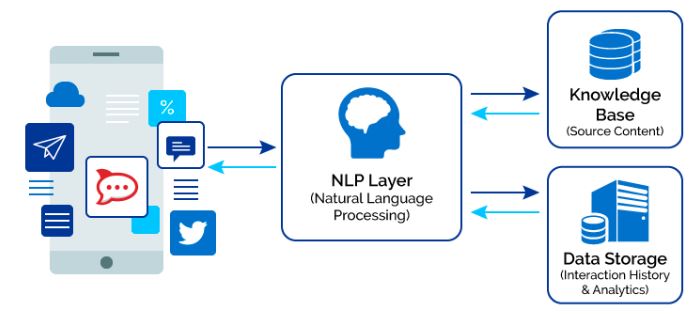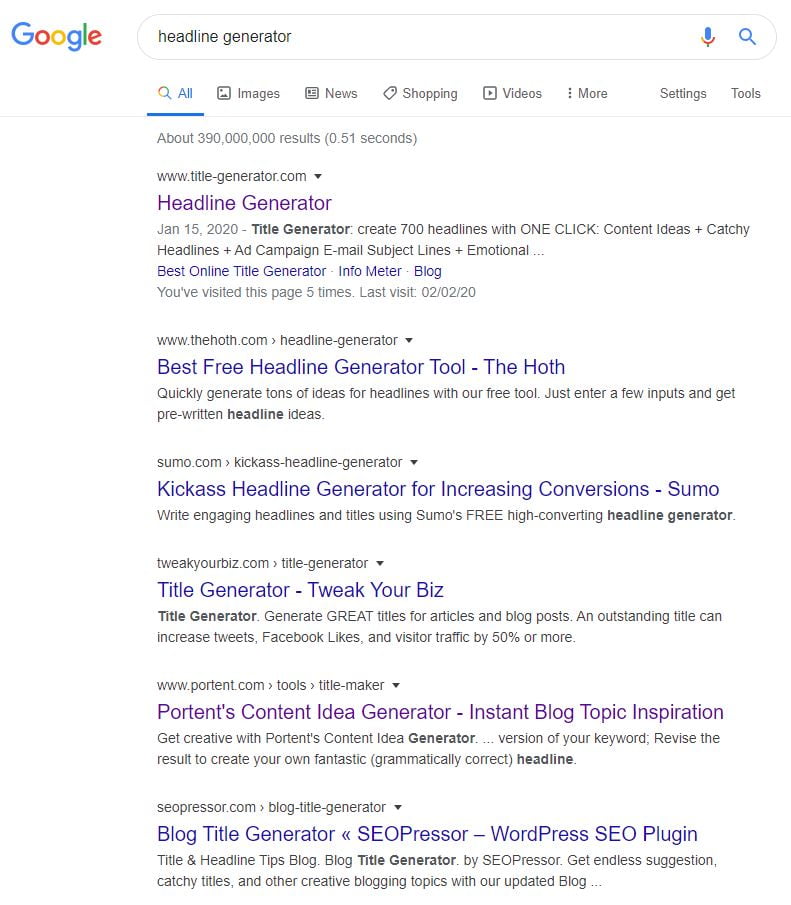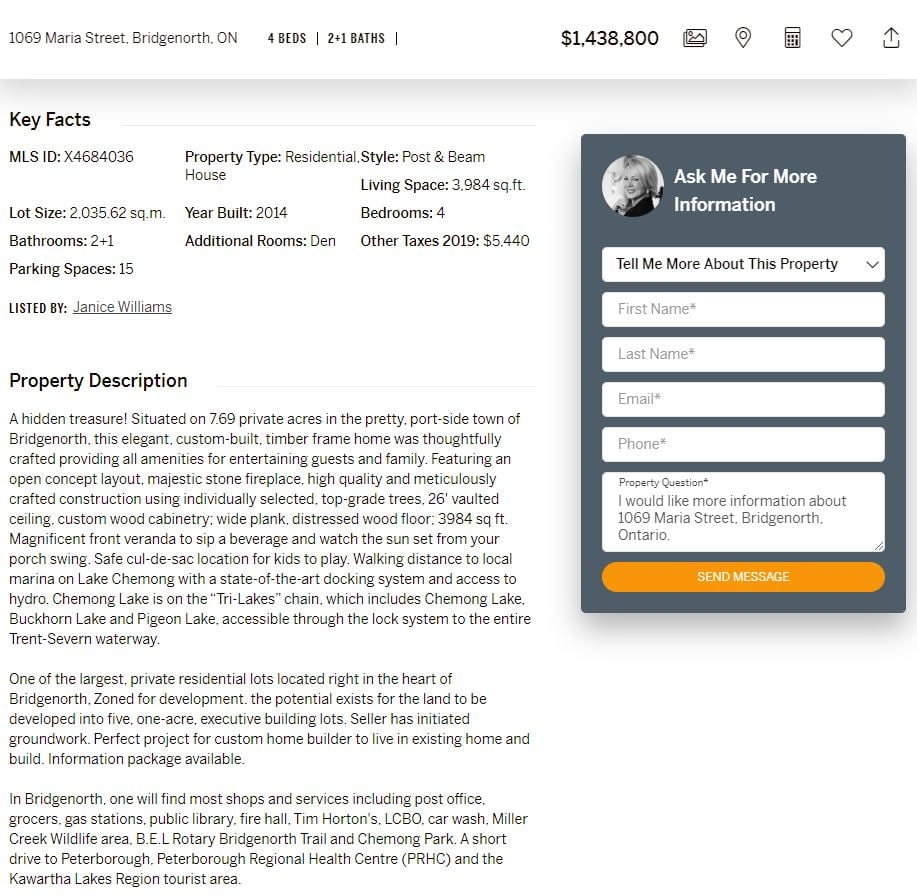It’s many people’s greatest fear…
Getting replaced by robots. 🤖
That’s what people talk about these days, right?
The loss of jobs because of automation and technology.
Well, it’s not all bad actually.
A report by the World Economic Forum believes that while automation may displace up to 75 million jobs, it will generate a total of 133 million new ones worldwide by 2022.
After all, someone has to develop and manage our new robot friends.
I’ve heard people worry about AI replacing every job on the planet, too.
But, what about copywriting? Are robots going to be able to write better than humans?
Let’s look at some data, examples, and tell you why I believe the answer is no.
Could AI replace copywriters?
The question isn’t “could” because it’s already happening.
I remember going for a run one evening while listening to a podcast when I heard that Alibaba developed the world’s first AI capable of writing copy.
Sounds crazy, right?
Every writer was in a panic.
It’s capable of producing up to 20,000 lines of copy in a second!
It also passed the Turing test, meaning that its output wouldn’t be complete gibberish.
The AI uses something called deep learning and natural language processing.
This is what the process looks like:

In particular, the technology pulls from a database of millions of existing samples of high-quality copy for products.
It learns what makes up the best sales copy and auto-generates it for merchants on Alibaba stores.
The storeowner simply chooses options like length, tone, and clicks “Produce Smart Copy” button to get ideas.
But, that’s about where it stops.
It isn’t possible of producing long-form sales letters, technical blog posts, or whitepapers.
Rather, short and snappy lines of product descriptions are created.
Phew. No need to lose sleep!
However, there is another AI copywriting software on the market from Persado.

Their platform generates companies like Chase marketing messages and advertisements.
It works by:
- Using natural language generation technology to break marketing creatives down into narrative, emotion, calls to action, and other elements.
- Machine learning applies these findings along with Persado’s database of scored and tagged words.
- It produces copy based on the customer’s brand voice, customers, and other data points.
Awesome stuff! Enough to make writers close up shop?
Not quite.
Once again, this is great for writing short advertisements but will never outdo human touch.
Why I don’t think it’ll happen (Completely, at least)
Computers are good at certain things.
Humans are good at others.
Computers can do some tasks faster than us: crunching numbers, analyzing data, finding security flaws, etc.
Our brain and hands can only do so much.
So, yes. They have that on us.
Unfortunately for them, AI may never reach the capacity humans have in terms of empathy and creativity.
That’s where we excel.
I believe the ideal relationship between computers and humans is technology taking care of the number-crunching while we tend to creative and emotional work.
We love interacting with humans, too (Even though they’re irritating at times). In fact, 86% of consumers want to engage with an authentic brand.
Is robot-made content or copy authentic? Nope.
Let me ask you this: would you rather read an article written by a real person or automatically generated?
I bet the first, right?
Sure, AI-generated content is cool for SEO but that’s just about where it ends. Most people will see right through it.
It will lack humor, emotion, creativity, screenshots, and all of the human elements unless they’re added afterward.
There are so many things that go into writing copy that will be difficult for a computer to understand, including:
- Urgency
- Scarcity
- Social proof
- Buyer personas
- Calls to action
- Handling objections
- Features versus benefits
- Testimonials
- Etc.
Just in case robots take over the world, let me give them some benefit of the doubt…
How I believe it will manifest
We can’t stop our machine robot overlords.
So, these are some ways I believe that copy will become automated. (And already has to an extent.)
No more headline writing
Headlines are often a sentence long or shorter.
There are many strategies and formulas used to create effective headlines, as well.
This is why I believe headline writing will eventually become automated by software and tools.
Heck, there are already headline generators you can use that append a keyword you enter to hundreds of templates.

We’re not far off from AI being able to generate headlines based on length, traits, and content types.
Product descriptions
As you saw with Alibaba, this is already on the market.

Nonetheless, I wouldn’t be surprised if we began to see it on marketplaces like Amazon, eBay, and Esty.
Storeowners could upload a product, AI would analyze it, and a product description would generate based on similar top-selling items.
The bonus of this is that e-commerce entrepreneurs could reallocate their focus to marketing, uploading more products, and high ROI tasks.
Property descriptions for real estate
I’ve worked with some fascinating real estate startups. They have awesome technology and advancements most people aren’t aware of.
Heck, I’m no real estate guru, either.
But, I do understand that property descriptions are incredibly important.
They can make or break whether someone checks out a property.

Property descriptions also tend to be short-form copy. A.K.A the perfect item for AI to generate.
I believe we will see machine learning software that looks at a database of houses, neighborhoods, and gives them certain characteristics like:
- Safe
- Luxurious
- Near amenities
- Spacious
- Curb appeal
- Beautiful
- Massive
- Etc.
These items will be categorized into different areas and homes listed in those areas will be generated descriptions based on them.
Editing will continue to advance
Do you use Grammarly or a similar editing tool?
Then you’ve used AI without realizing it!
The technology learns common errors and how you personally write.
You also train the machine learning model by helping it learn new words and phrases.
It then offers suggestions for improvement as you write.
Watch this video to see how Grammarly works in-depth:
I believe this will only continue to advance, giving writers more accurate edits and taking care of advanced syntax related issues.
The machine learning model may also eventually make changes in real-time without your input to speed up workflow.
Final thoughts on AI replacing copywriters
You’re not getting rid of us writers that easily!
Artificial intelligence and machine learning are amazing technologies, but they won’t be replacing copywriters any time soon.
There are few software and platforms capable of autogenerating copy worth anyone’s time, but it’s slowly developing.
Alibaba’s AI copywriter is the best example of this.
However, it produces short product description at best.
Humans will always write emotional, creative, and engaging material better.
Sorry robots!
What’re your thoughts on AI replacing writers?














